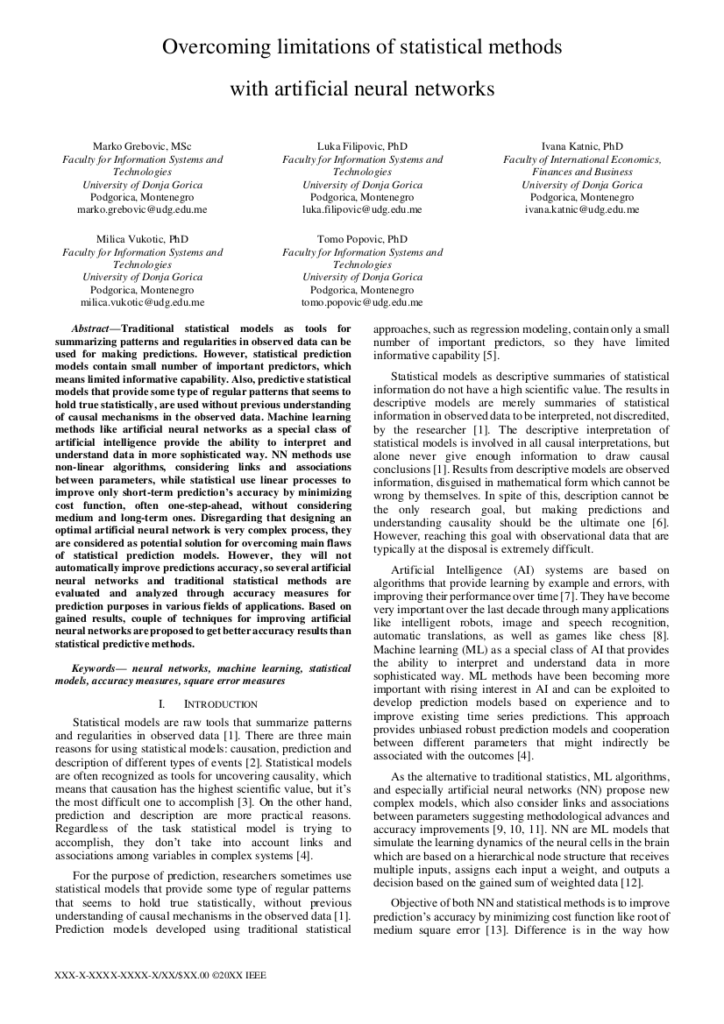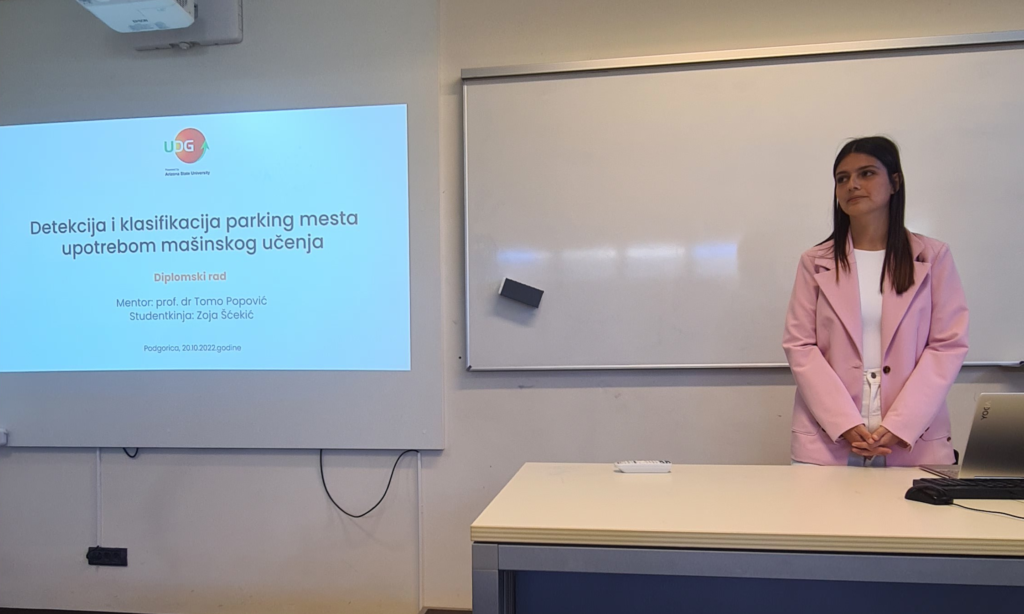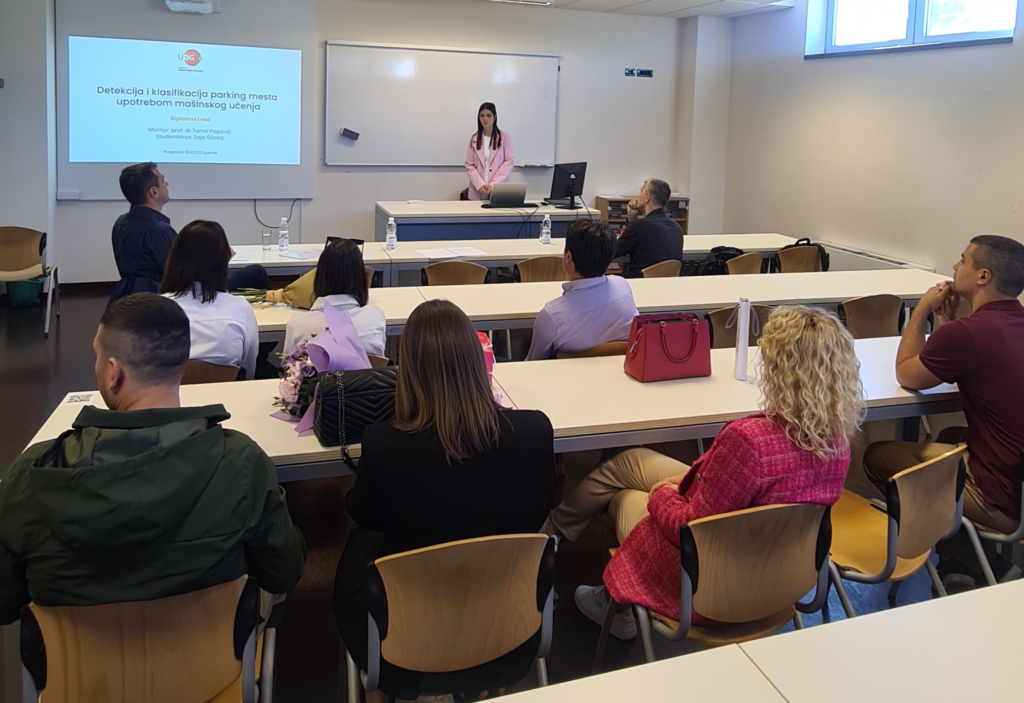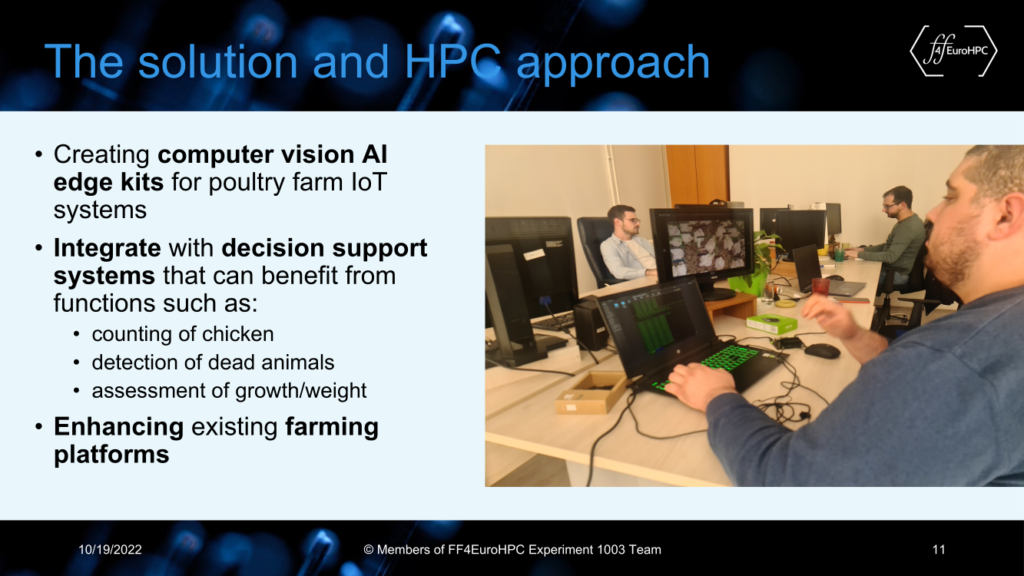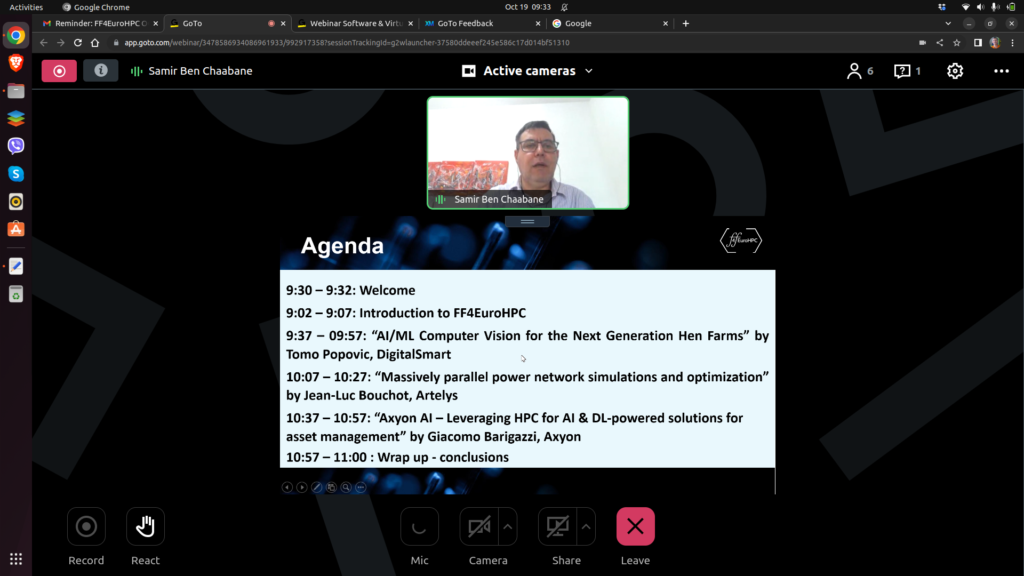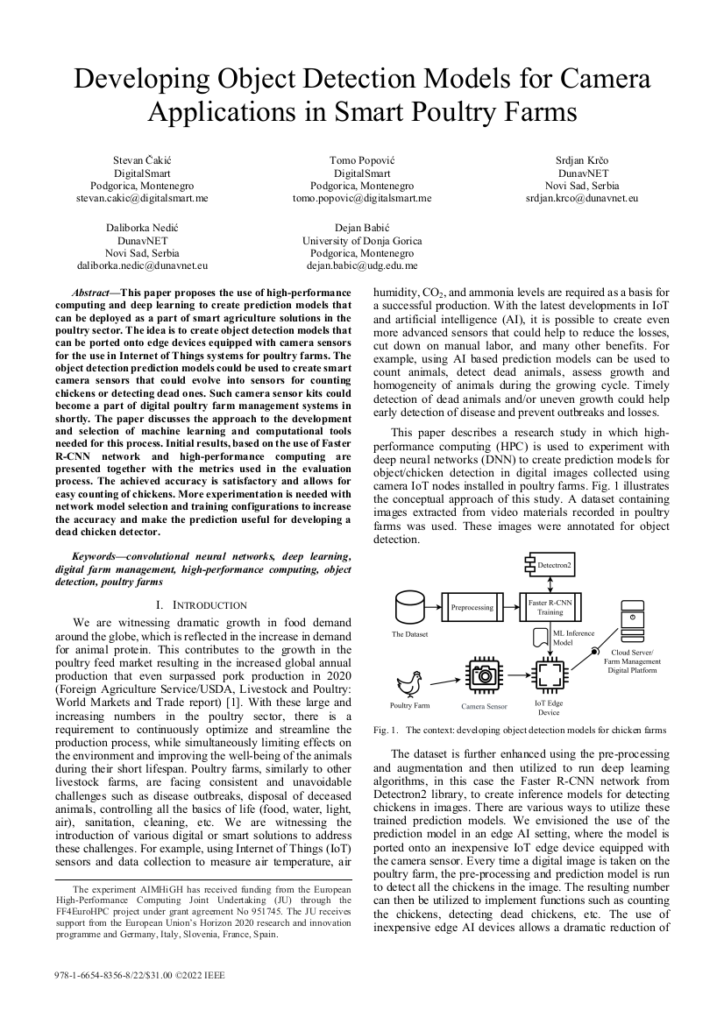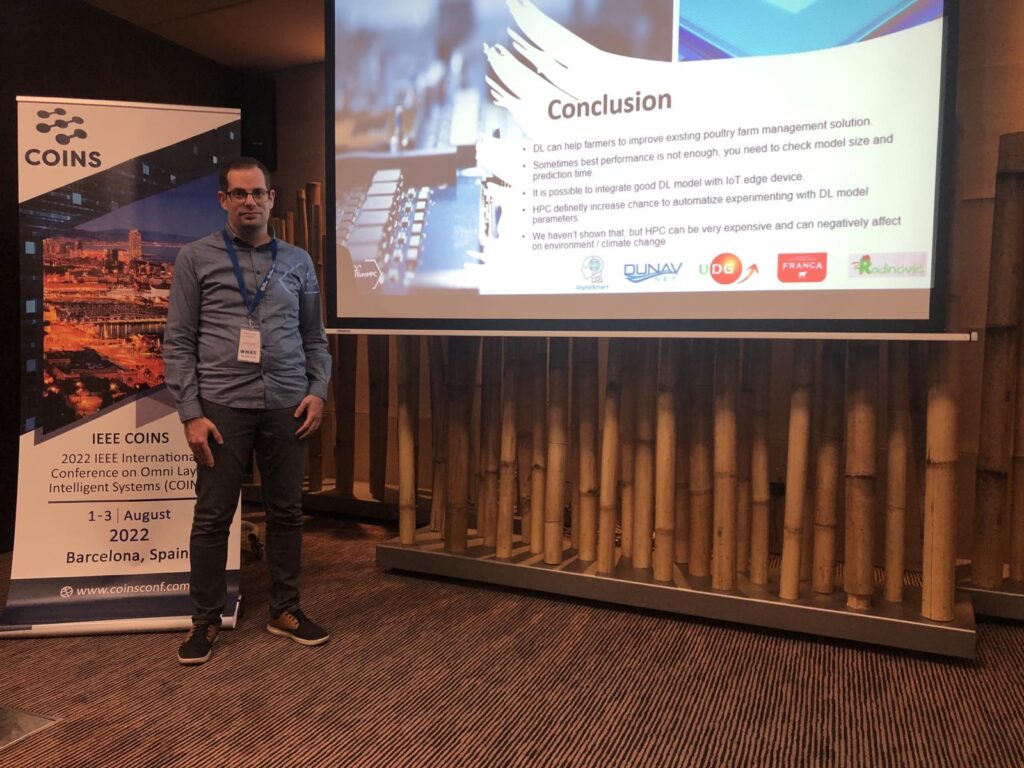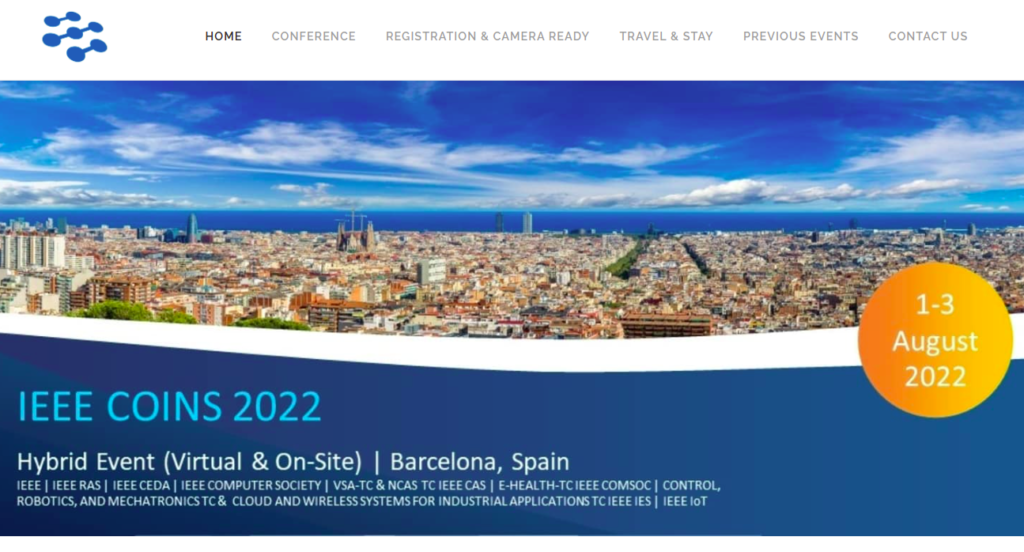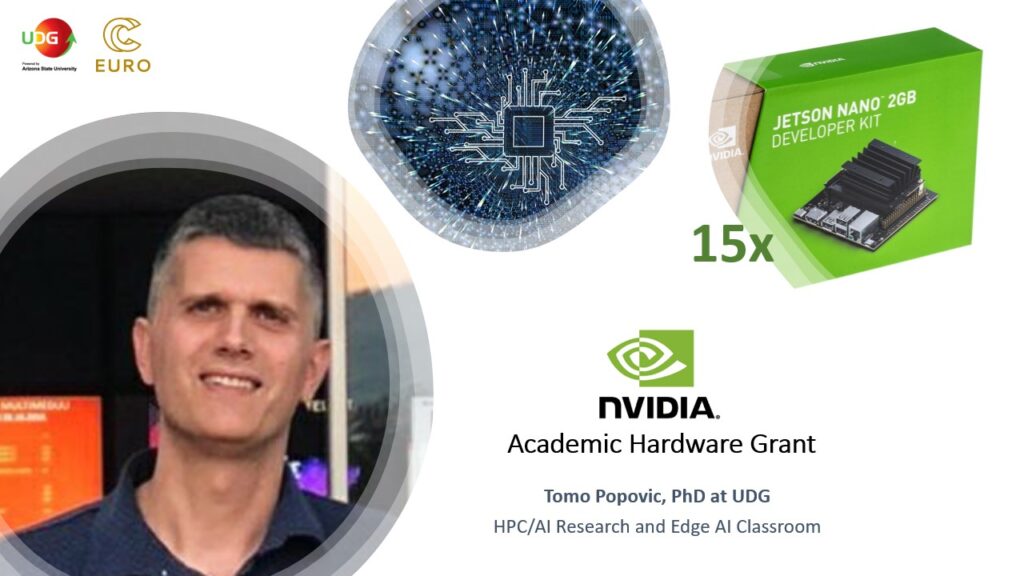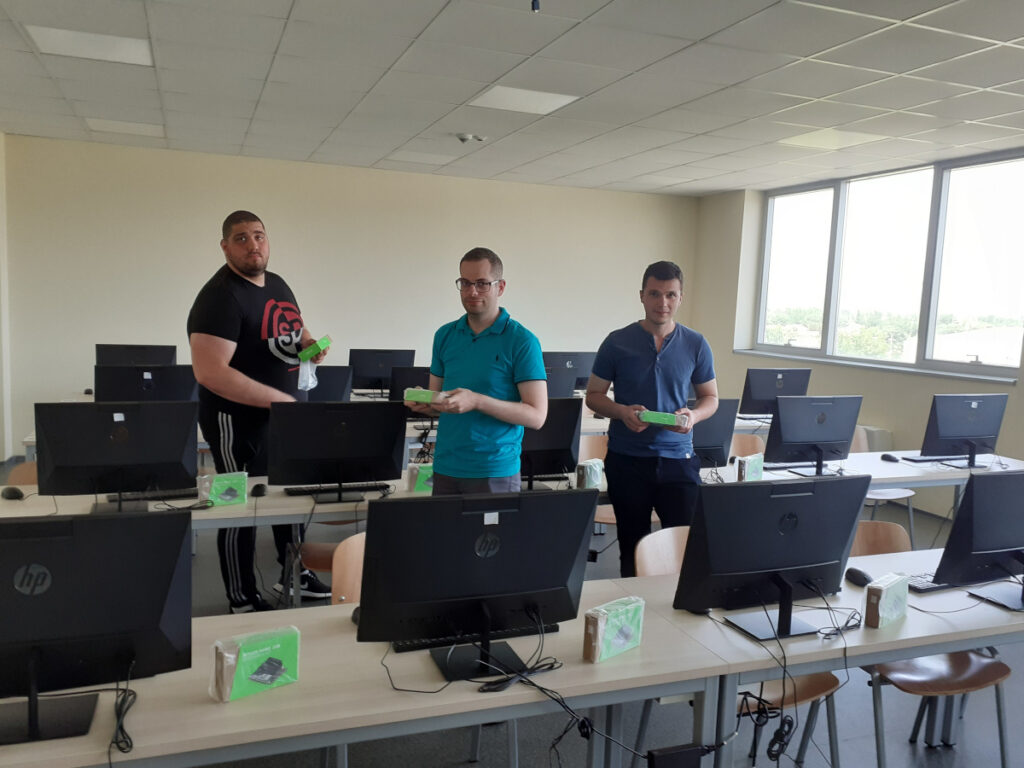Researchers from UDG and NCC Montenegro presented a scientific paper at the 2022 International Arab Conference on Information Technology (ACIT). The conference took place at the Al Ain University – Abu Dhabi Campus on November 22-24, 2022. The paper “Overcoming Limitations of Statistical Methods with Artificial Neural Networks” was authored by M. Grebovic, L. Filipovic, I. Katnic, M. Vukotic, and T. Popovic. More information about the conference is available here. The paper is available at IEEE Xplore at the following link.
ABSTRACT – Traditional statistical models as tools for summarizing patterns and regularities in observed data can be used for making predictions. However, statistical prediction models contain small number of important predictors, which means limited informative capability. Also, predictive statistical models that provide some type of pseudo-correct regular statistical patterns, are used without previous understanding of the used data causality. Machine Learning (ML) algorithms as area in Artificial Intelligence (AI) provide the ability to interpret and understand data in more sophisticated way. Artificial Neural Networks as kind of ML methods use non-linear algorithms, considering links and associations between parameters, while statistical use one-step-ahead linear processes to improve only short-term prediction’s accuracy by minimizing cost function. Disregarding that designing an optimal artificial neural network is very complex process, they are considered as potential solution for overcoming main flaws of statistical prediction models. However, they will not automatically improve predictions accuracy, so several artificial neural networks and traditional statistical methods are evaluated and analyzed through accuracy measures for prediction purposes in various fields of applications. Based on gained results, couple of techniques for improving artificial neural networks are proposed to get better accuracy results than statistical predictive methods.


